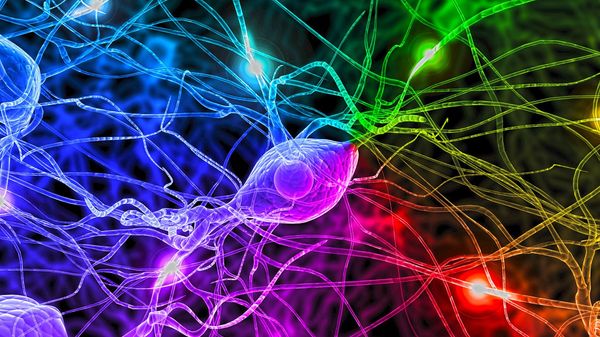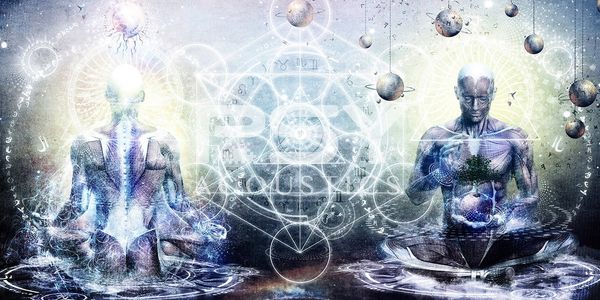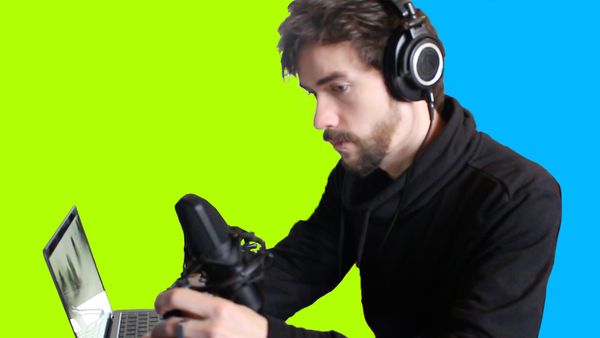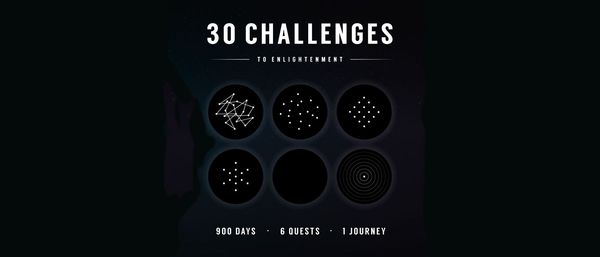Justin Noppé • • 4 min read
Remodelling Education from ‘What’ to a ‘How’ for Rapid Accelerated Learning
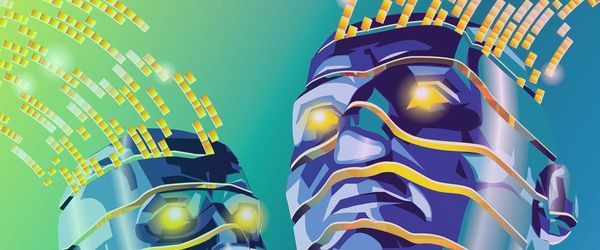
This is an article from Justin Noppé. We’re opening the doors to our accelerated learning course with Justin soon. Add yourself to the early access list here.
Let’s look at modern education stats globally — contrasted against the general feelings of unease pervading culture right now.
We had a global 12.05% literacy rate in 1800.
In 2016, 86.25%.
More people are being better educated than before and being educated for more years than ever!
So why then, does a vast majority—if not everyone—think that our education system is broken?
Or at least in need of an upgrade.
It seems the issue we have is that it isn’t a holistically integrated system with the human experience.
Why is this?
The number one reason: Education should be process orientated instead of product orientated.
What Education Is
Education as it lives today is product orientated. This means that the goal of the system is a WHAT.
Show me what you know.
Demonstrate what you know in this exam, through this project or throughout the year.
This means that how we achieve this is not as important. How can I prove that a student now knows something? So we create ways to measure this, and start saying teachers are great teachers if their students can perform well in the measurements.
Through this, we incentivize the system to do well in the measurement of knowledge.
Languages aren’t about the exploration of communication and culture, but rather the memorization of lists of vocabulary and learning grammar as if it were mathematics.
People want the learning to be as fast as possible to ensure learners can prematurely do things. This has become a sign of succcess.
But not so fast! If we start to push learners to ‘perform’ in certain ways, we start to make lessons that get as many in there in as little time as possible.
Any outliers are usually branded as failures.
What Education Isn’t
The research and the latest science have given us valuable insight into HOW the mind assimilates new information.
True Education is process orientated, meaning that it is a HOW.
Did you get the right answer? Yes. How did you get it? That’s the real question.
In this article, Mitchel Resnick, Professor of Learning Research at the MIT Media Lab, comments on creativity in classrooms and mentions that kids are given a set amount of time to complete the tasks.
This means that they don’t take chances and explore alternatives they may have in mind.
Supporting the exploration, the innate curiosity of things, this is one example of HOW learning can be improved.
Here are a few more examples:
Seated vs. Moving
Allow or even promote movement in the classroom rather than sitting all the time.
Sitting in place lowers blood flow, reducing oxygen flow to the brain, promoting a broad slowing down of the physiological system.
Bad posture means respiratory muscles aren’t well utilized. Research suggests that the brain encodes information well with activation of the body.
Other research shows a strong connection between walking and cognition. This means we should have regularly programmed stretch sessions, change locations frequently, etc.
Solo vs. Social
We should focus much more on groups than the individual.
Research strongly correlates the act of teaching others with greater retention of information.
Discussion of ideas, allowing peer-to-peer questioning, etc.
Research into social psychology also suggests that removing social interactions when learning is detrimental. Learners feel isolated and overall retention goes down.
Doodles vs. Organization
Once again, research is suggesting that drawing pictures, doodles, flow charts, metaphors, etc. are more conducive to retention and assimilation of information than the neat and clean pages in ink of one color.
Norm-based vs. Scaffolding
Many existing learning theories are in agreement that you have to scaffold learning.
Give learners information that builds on previous information.
There may be disagreements in how to do this, but they largely agree that a bad thing to do is to give students information without a foundation.
Context, prior learning, these all need to be considered.
Instead, learners without certain foundational information are thought to be slower or behind. Slower than who? Behind who?
‘The rest’.
This is called norm-based referencing.
Getting around this is tougher, it requires more educated teachers and a deeper understanding from parents.
It also creates confidence in learners that anything can be learnt given the right foundational elements.
Is It Too Late For You?
This is a look at the system and noting the differences between how it is currently and what the research is saying.
How can this help you?
Maybe you are past school years and thinking this isn’t relevant. Quite the opposite actually.
Defeating old beliefs is necessary to access your potential. As anyone will tell you, you never stop learning. Use what have you mastered in your way, that people always compliment you on. Take that as your cue, it is possible.
How you learnt that is a proven process on how you learn. Probably with passion, some form of socializing, messy notes, and other such practices.
Time to repeat the process and level up!
Learn The Ultimate Skill
A new HighExistence transformational experience coming soon.



